Most debut novels are projects of confession, pleas for understanding, manifestations of an author’s attempt to rescue herself. My own debut novel, If I Had Two Lives, was for me the beginning of a wish–a harsh whisper after years of silence, a blindfolded dive into the many tunnels of the subconscious to emerge with something resembling a clear thought, a spark of feelings. Beyond the desire for social acknowledgment, however, there also simmered a more insidious hope: publishing my novel would cure me.
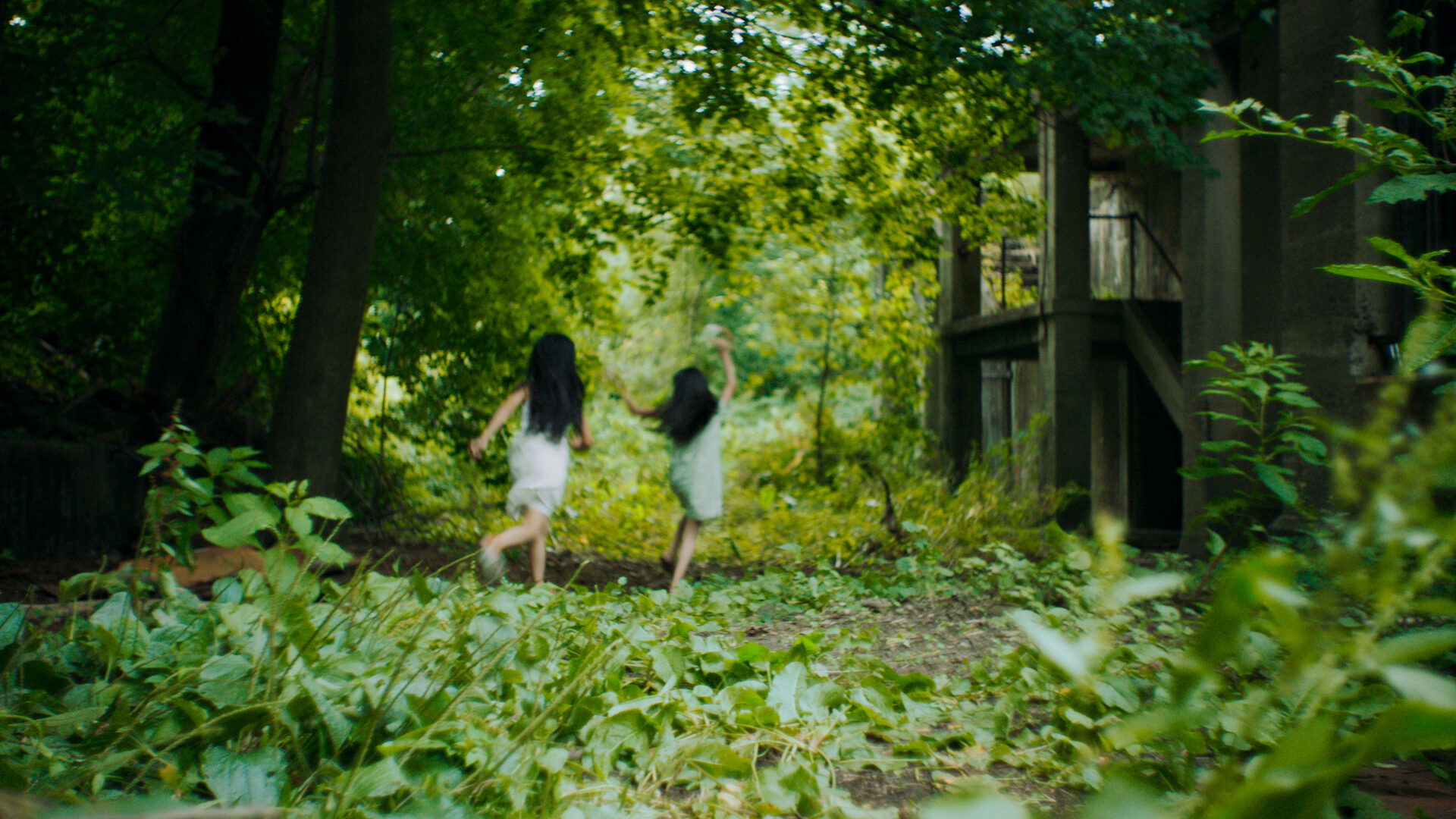
What did I hope to be cured from? I didn’t know, only that I was nurturing vague thoughts: I shall be absolved, I shall be free, I shall be understood, finally, finally, I shall not be underestimated again, I shall not be hurt again, not in the ways I’d been, I shall be loved–this last the most dangerous. I didn’t identify from whom I might receive such love–friends, family, or strangers–but it is a dream that guarantees disappointment. “If I had two lives, I would…” sounds like the beginning of a wish, and it is, but more than that, having two lives is a reality for many people, not one they would want if they had the choice. I didn’t get my childish wish fulfilled in publishing my first novel, but what I’ve gotten is something infinitely more complex, something real.
*
“Our neighbors know you as the girl who tries to jump off the roof,” my ex said.
“Huh,” I tried to remain composed while wishing we lived somewhere more private. “It only happened once–” I said.
“That’s not the point.”
“Okay, what’s your point?”
I wondered why he’d told me that, if I’d embarrassed him. In my mind, I was already conjuring justifications of why I’d attempted a rather unpoetic leap into the void/concrete: I was trying to get away from my ex, I knew the height wasn’t enough to kill me, but perhaps just enough to shatter all my bones. We were living in an apartment complex full of colorful characters. We’d seen our landlord, who lived on the first floor, throw out her boyfriend and his belongings at least once a month. The middle-aged woman in the apartment to our left, who worked the cashier at our town’s supermarket, had come banging on our door in the middle of the night, accusing us of stealing her laptop after having dropped it off with my ex and asking him to repair it earlier that same day. Her roommate, a Craigslist and eBay entrepreneur, proudly told me of all the ways he’d avoided the IRS. I’d thought I was in the right company, close to people who publicly suffer, but perhaps the death drive was always repulsive to behold whether you lived in the bourgeois part of Brooklyn or a run-down neighborhood in southern Oregon. Nature wants to propagate, to multiply, so it must be unnatural to withdraw, erase, and fade.
When I was eighteen, my then-boyfriend gave me an expensive red dress with the price tag still attached. The dress was beautiful, but more appropriate for a thirty-year-old woman⎯the age I’ll be next March. At the time, I was confused by his gesture. I put on the dress, which was strapless and bearing cups for someone with at least C-sized breasts. My own barely filled an A cup. The bundle of red fell to my hip in one swoop. I burst into tears and tried to rip the fabric off my body. I knew my ex fantasized about large, bouncing breasts and so I thought that he was trying to communicate, via the dress, his vision of what I needed to be. (It turned out he didn’t have the subtlety to say it with a gift, though he did bluntly tell me a few months later to get implants.) I proceeded to cry-scream while tearing the sheer organza into sheer ribbons. My ex-boyfriend pushed his back against the wall, bewildered by the strength of my anger.
What he couldn’t understand was that the dress had triggered my fear of not being a good enough girlfriend, which meant I wasn’t a good enough person, which also meant I wasn’t a good enough writer and I would never get published. It wasn’t logical, but my brain engineered quite a few such original equations, and they all had the same outcome. I was late on paying the rent, which meant I was a bad person, which also meant I was a bad writer, and therefore I would never get published. I’d missed my period…therefore I would never get published. All my anxieties rushed downstream towards my biggest fear⎯never writing anything of substance and never publishing. The conclusion was natural: to unlatch myself from the circuitous chain of psychosis, I had to get published. Desire is a cancer, rapidly invading every cell of one’s being. Writers try to quench their desire by feeding it experiences, love affairs, emotional dramas that, like storms, pass and leave peace behind. Yet, wanting is the first state of being a child is born into. As I read and wrote in an attempt to tame my inner child⎯a personal monster⎯I wondered if hers was a particular hunger that grew all the more expansive, insatiable, the more she was fed.
*
I am sad often, without cause, without direction, without significance. Some people call it depression, a chemical imbalance. Others deem it inspiration, unmanaged self-love, or simply hunger. Over the years I’ve oscillated between rejecting, embracing, protecting, and resisting this state of perpetual melancholia, and for now, I’ve decided to rest comfortably in its all-encompassing isolation, its exhibitionist urge to be seen⎯to manifest in me and through me. As a writer, already I am luckier than most, able to use language as a tool to externalize sadness, shape it and therefore contain it. My uncle, a painter, once told me, “You have an illness, but it can be cured.” I don’t know if that’s true or if I would want to be freed from a companion that, while cutting, has also been generous. Because I was sad, I wrote thousands of words that became a novel. Doesn’t it pay, then, to be so helplessly forlorn? How many more words will I need to write, how many more nightmares will I need to trap, before I come to the same conclusion as Sylvia Plath, David Foster Wallace, Virginia Woolf, Ernest Hemingway? How many syllables until I reach the calm before the epiphany that the search will have to end sometime?
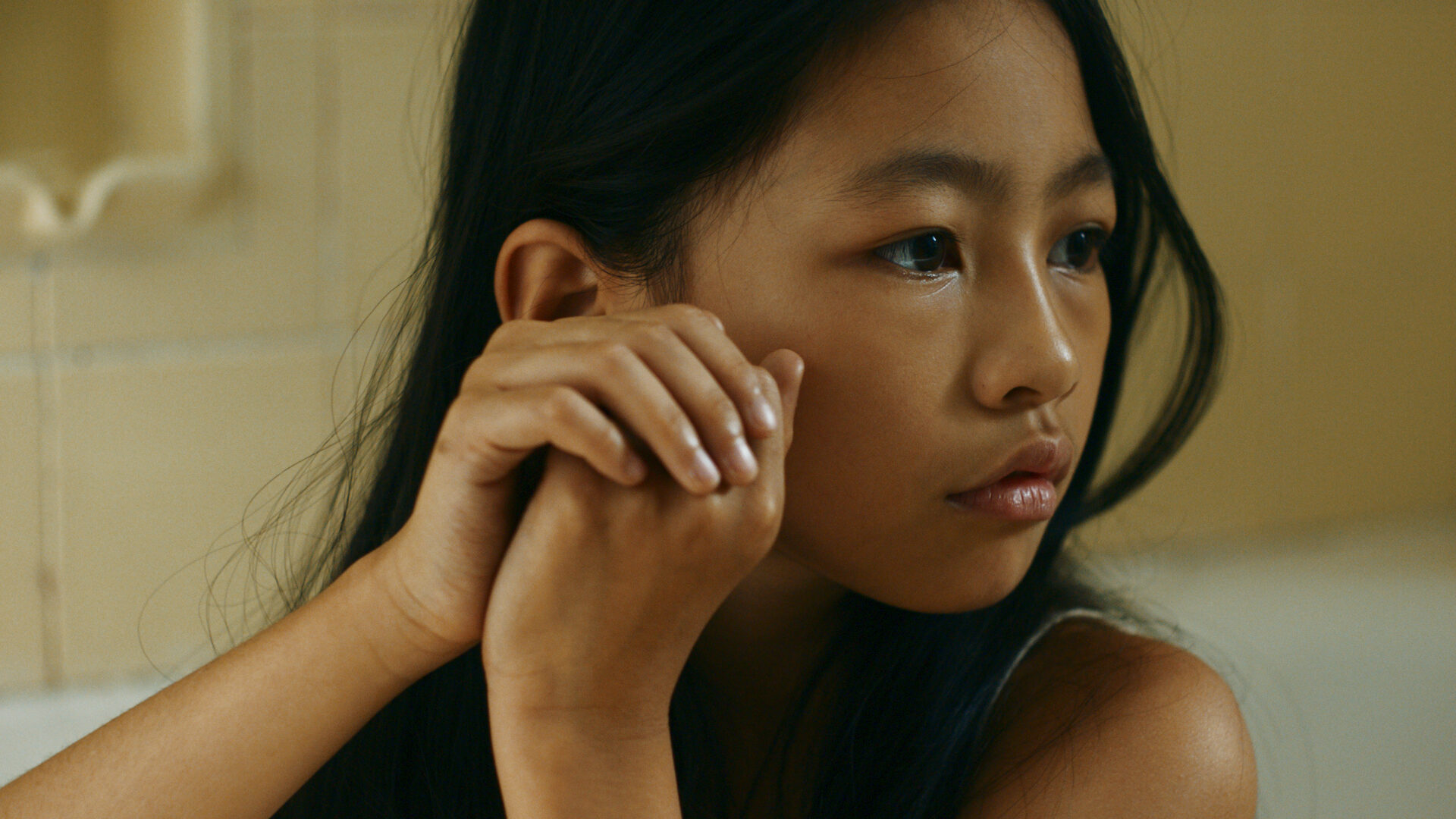
The people who are most dejected, I would like to believe, are also the ones who most ache for life’s beauty and are first to react to its gifts, a snowflake atop a bird’s beak, a sudden adagio in a symphony, an excavator beside the skeleton of a building and nobody in sight. I’m struck by nothingness while the greatest tragedies fail to move me. I’ve heard that this kind of numbness is a sign of the pervasive melancholia that drives so many artists to create breathlessly as though possessed, emptying pieces of their souls into their work until there isn’t much left for themselves. I wonder if this is why some of the most talented artists I know look dead while alive.
*
A book as form, as object, is both God and Satan. God because it is infinite in its scope, yielding to a singular vision, and particularizes hope. Satan because no matter how much a writer has already surrendered, completely, foolishly, it is not enough. A book is a losing bargain. A novel is a work-in-progress long after the final draft, the release date, even as it lies abandoned underneath sandy-wet bathing suits or forgotten in a car’s trunk, even as its pages are used as kindle for fire. A novel is a regret, a longing, a scream that refuses to die. After my novel came out, I was confronted with all the desires that compelled me to write in the first place. It is almost comical how much I expected this one object made of pulverized trees to solve. I desired for publishing to help me cease desiring. I believed it would.
It is tempting to indulge in the delusion that publishing your first novel is a war to end all wars. Of course, not all writing comes from a place of pain and not all writers suffer from depression. For those who do, it is important to know that there are other ways to manage chronic melancholia such as therapy, medication, etc. It is both foolish and unsafe to think publishing one such solution. When a writer publishes for the first time, there come multiple waves of euphoria, first with finding an agent–the first professional to believe in the work–then finding an editor who thinks the book deserving of readers, and finally the moment the author sees their bound copy in a store. Euphoria is beautiful, but it isn’t sustainable. I was ecstatic, of course, for a time. But after the exhilaration dissolved, I still had myself to face. This time, however, I was equipped with something different, a new weapon to combat those inner demons–I had knowledge. I now understood that there is no magical elixir to remedy depression, no one-stop solution. I felt for the first time in control of my brain, aware of its tricks and empty promise: “When I get this⎯I will finally be happy.” Happiness isn’t conditional, it is work that we must do on ourselves, for ourselves. It isn’t contingent on external circumstances, even if that circumstance is the fulfillment of a lifelong dream.
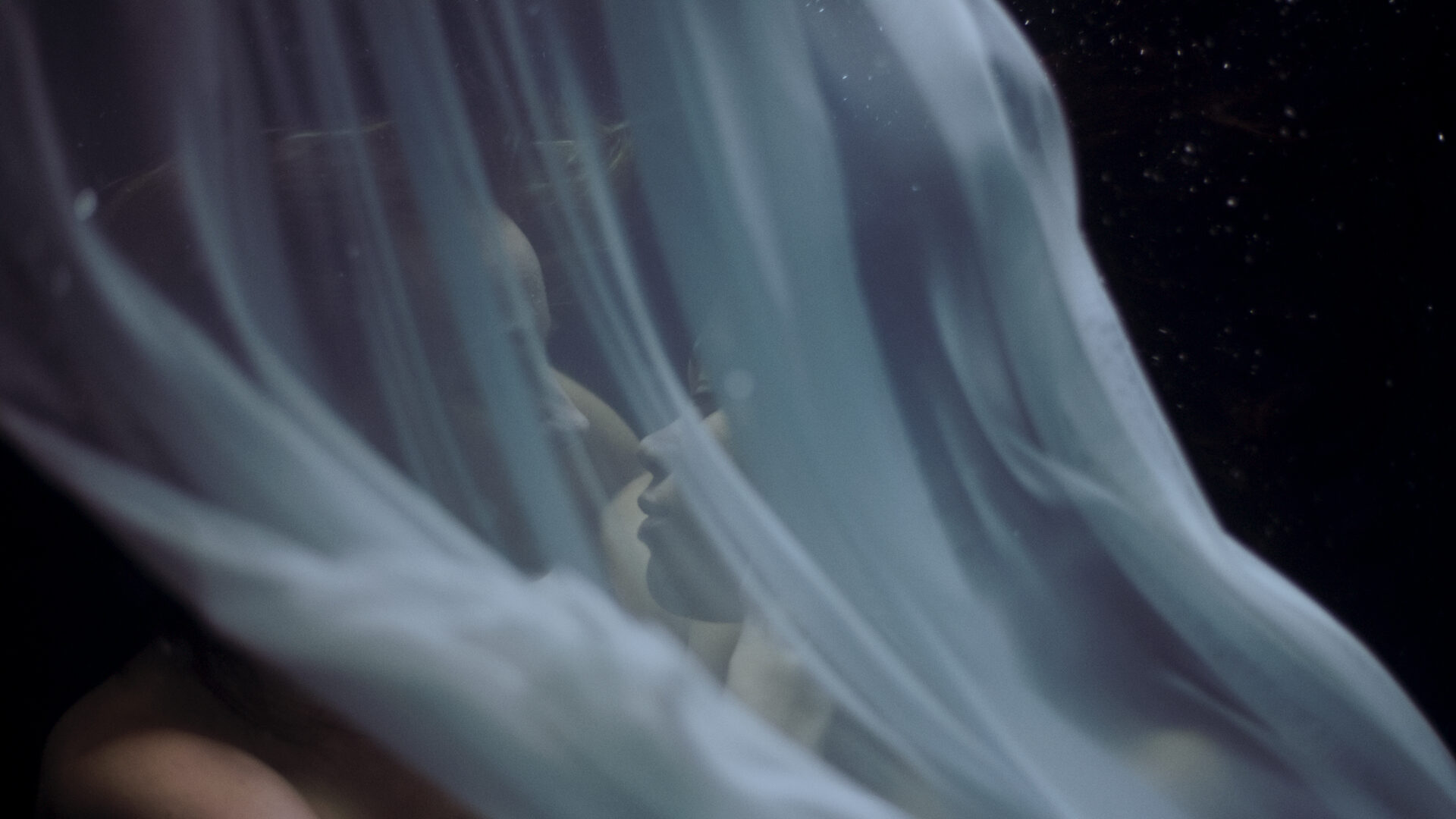
In 2017, I went to see a therapist for the first time with the sinking realization that having sold my book to a publisher hadn’t changed me. In the therapist’s office, which was carefully curated with a trailing philodendron and a few framed pictures, I sat and cried for ten wordless minutes. He too began to weep, fogging up his glasses. We were like children, communicating with the most basic of tools. I was impressed by his willingness to be vulnerable in front of a patient, but I never came back. I love writing because words, when assembled to particular rhythms, hold up like glass–reflective and shimmery with illusions. I convulsed against therapy for the same reason. Analysis, similar to writing, was a mirror, but one stripped of dreams. Without the rhythms, fractured illusions, tricks of light that make hard truths beautiful, complicated feelings are but a clinical three-letter abbreviation. I started to resent the very word⎯depression⎯its diagnostic arrogance, its simplicity.
Still, perhaps I should have gone back to the therapist, perhaps instead of silence I should have said:
I lost my father before I understood what the concept of father meant. In one way, I never felt that loss, and in another, it haunted everything I wrote. When I was quite young, my mother left without saying goodbye for reasons both clear and opaque. ‘If I Had Two Lives’ was born from what felt like a vanishing–my mother’s disappearance and then her mysterious reappearance nearly a year later through the disembodied voice of her recordings on cassette tapes. Listening to these tapes was for me like a hug, which briefly soothed, then was followed by a hunger more gnawing, more acute than before. My desire to write this book coincides with my desire to clarify–to identify and locate the pain, to position that pain onto the map of my life and assign it meaning. Writing was for me a process of questioning–I could ask as many questions as needed. The more I asked, the more true it seemed that parts of the answers were inherent in the questions. This novel was my project of meaning. Yet its publication has only accentuated my guilt. I don’t know who precisely I’ve betrayed in order to write it, but I feel sure that I’ve betrayed someone. At the end of the film Mother! directed by Darren Aronofsky, it seems clear that the creative process is a continual betrayal of ourselves, our loved ones, our own memory–a crime, a serial murder that as artists, we must commit again and again. How to go on with that.
I once wished for publishing to cure me, but now I know the most optimistic outcome would be that I might have words left to utter, to delay my desire for death–the inevitable. Such a thing is hard to face and even harder to admit because it seems cowardly, but it has taken me a long look at my own ambition to know that no matter what I may or may not accomplish, I cannot change my death wish. Publishing acknowledges a writer’s ability to package suffering into something saleable. It does not cure. It does not save. David Foster Wallace said, “I strongly suspect a big part of real art-fiction’s job is to aggravate this sense of entrapment and loneliness and death in people, to move people to countenance it, since any possible human redemption requires us first to face what’s dreadful, what we want to deny.” My first act of truth then, since publishing fiction, is to not deny.
*
In How to Die: An Ancient Guide to the End of Life, philosopher Seneca invites us to die well, and writes that in order to do so we must prepare for death. Some may find his stoic views pessimistic, but I think they give the artist’s battle with her inner demons a purpose, a chance at meaning. The world would be a kinder place if more people admitted to wanting to die. Except for the rare occasions of whispered rage to a significant other while in bed–the nonbeliever’s confessional booth–I’ve never publicly admitted that urge to self-destruct, self-erase, and commit the great mortal sin of murdering myself.
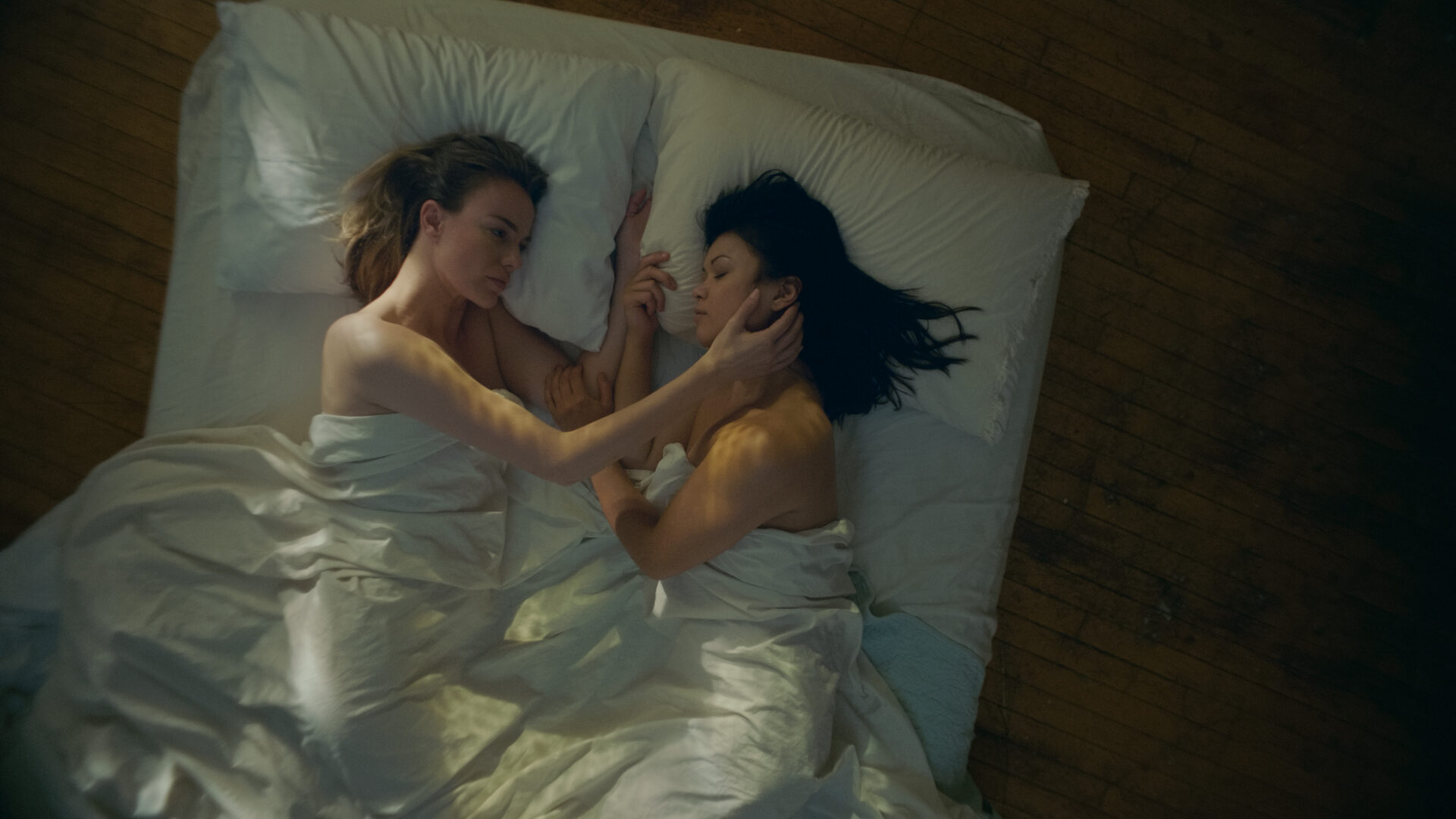
At seven, I wanted to die for the first time. I’d spent hours dialing a number that led only to static, trying to reach my mother. I would not be able to reach her that night, or many more nights after that. I had school the next morning and still stayed up screaming, pleading with the silent receiver. It was the first time I encountered my primal fear and rage. I tried to cut my stomach open with plastic scissors.
At fourteen, I had a best friend who was just as suicidal as myself. Our death wish was perhaps the only thing that drew us together. We experimented, half-serious, half-play, with a metal hanger, with water, with the simple blade of a knife. We flirted with collusion by laying down in the middle of the road and sprinting away moments before impact.
At eighteen, I exited my body and yielded it to someone else to do with it whatever he liked.
At twenty-one, I tried to hurl myself off the roof of my apartment complex.
At twenty-nine, I write.
*
To write is to die well. To prepare for death is not inherently tragic and can even be meaningful. For those marked with sorrow, it is not only good but necessary to never arrive, to always have to try again⎯to stall death and choose life if only for a few syllables longer, even if it means circling back to that moment of childish whimpering into the receiver, of bargaining with static until the body cracks from yearning. Though I sometimes fail at living life with the vigor and love it deserves, wanting to die well seems to me a worthwhile aspiration. I no longer write to hush or still my personal demon, to satisfy her boundless greed and desires, but in spite of those things, I write. These days I’m not so preoccupied with a cure. I quickly return to labor again on my keyboard, to wrestle once more with words. I want to forget the first book, everything I’ve written, how I’ve arrived at the original trauma so that I may take a different path, more deliberately this time. Trauma is large, it contains multitudes–Walt Whitman might have agreed. Perhaps all writing is a dissection of the first hurt, a way to view it laterally, vortically. With dedication, a few secular prayers, focus and luck, I would be able to find her again⎯the monster, the child⎯a little more willing this time to guide me into the depth of her wounds, to help me understand. And the more I surrender, the more I seem to gain.
Author Bio
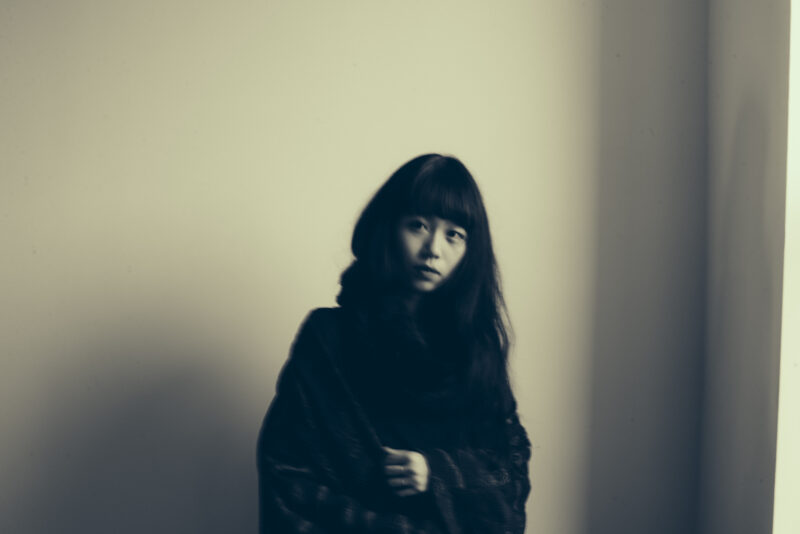 Abbigail N. Rosewood was born in Vietnam, where she lived until the age of twelve. She holds an MFA in creative writing from Columbia University and lives in New York.
Abbigail N. Rosewood was born in Vietnam, where she lived until the age of twelve. She holds an MFA in creative writing from Columbia University and lives in New York.
Her debut novel, IF I HAD TWO LIVES, has been hailed as “a tale of staggering artistry” by the Los Angeles Review of Books and “a lyrical, exquisitely written novel” by the New York Journal of Books. The New Yorker said “the novel poignantly conjures the difficulties of reconciling the present with an ‘ungraspable history.’” An excerpt from IF I HAD TWO LIVES won first place in the Writers Workshop of Asheville Literary Fiction Contest. abbigailrosewood.com



This is a stirring piece. The author is fully in charge of her emotions and of her narrative. Well done.